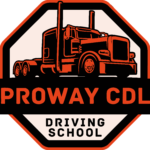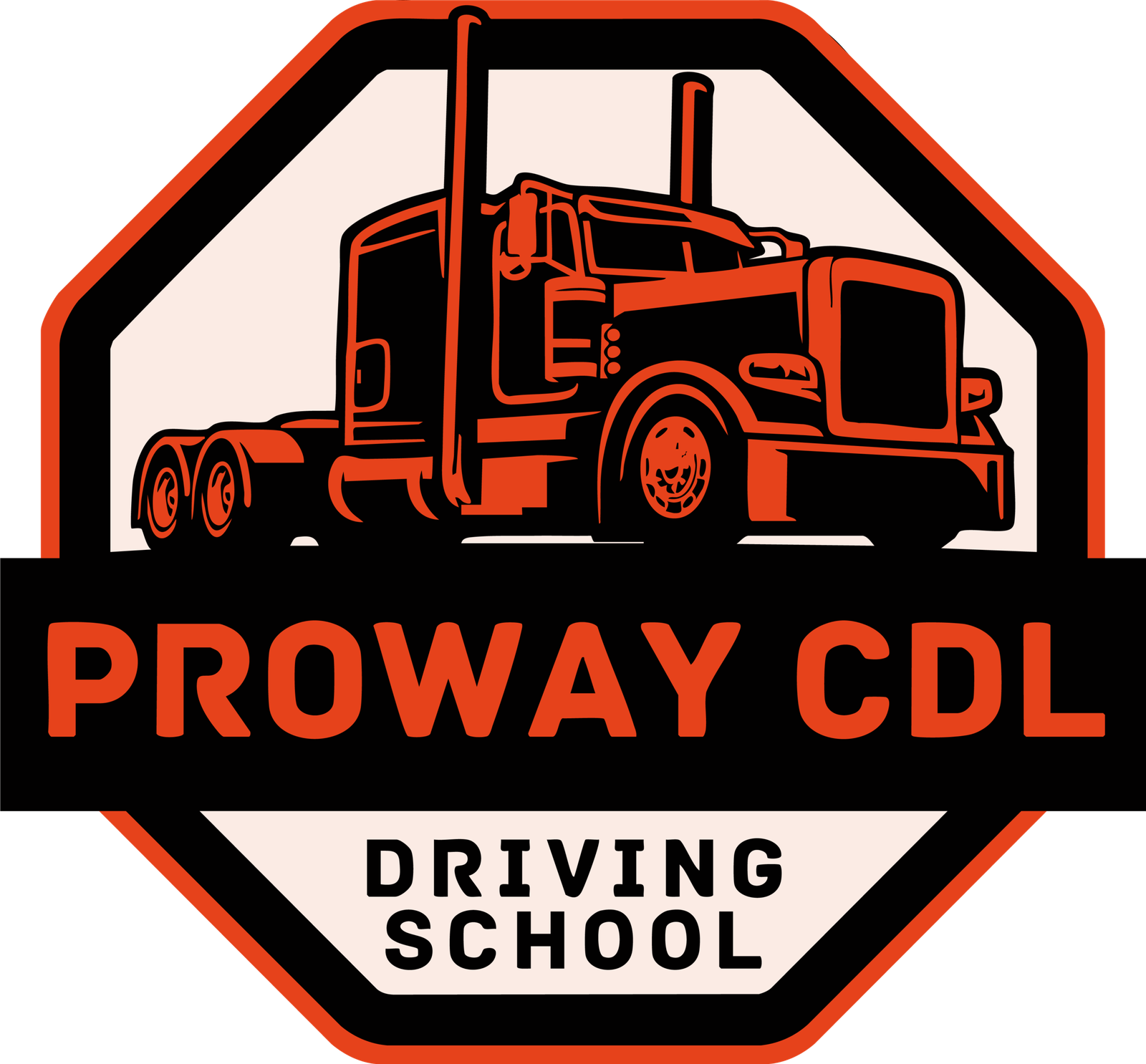If you’re considering a career in trucking, you might be wondering whether it’s the right path for you, especially if you live in the Chicago suburbs. Becoming a professional CDL (Commercial Driver’s License) driver can be a rewarding choice, offering job stability and competitive pay. However, like any career, it’s important to evaluate whether it fits your lifestyle, skills, and long-term goals. In this guide, we’ll explore what it takes to become a CDL driver and whether trucking is the right career for you in the Chicago suburbs.
1. What is Trucking and Why Consider It as a Career?
Trucking is a key industry that keeps goods moving across the country, from local deliveries to long-haul routes. Truck drivers are essential for the transportation of products, raw materials, and other goods, making it a stable and important career. But what makes trucking an attractive career? First, the industry offers competitive salaries, job security, and opportunities for growth. Additionally, trucking allows you to travel and experience life on the road while also providing you with independence and responsibility. However, trucking isn’t for everyone, and it requires a certain mindset and lifestyle. Let’s explore if it’s the right career choice for you.
2. Why Choose CDL Training in the Chicago Suburbs?
There are many reasons why CDL training in the Chicago suburbs can be an excellent choice for aspiring truck drivers:
- Convenient Location: If you’re based in the Chicago suburbs, attending a local CDL school means you won’t have to travel far. Local schools often offer flexible schedules, including night and weekend classes, which can work well for people who are balancing a job or family responsibilities.
- Cost-Effective Options: Local CDL training programs in the suburbs often have lower tuition costs compared to those in the city. This can make getting your CDL more affordable, especially since the total cost of training can range from $2,000 to $5,000.
- Tailored to Local Job Opportunities: Many suburban CDL schools have partnerships with local trucking companies and offer job placement assistance, which can make it easier to find a job right after graduation.
3. What Are the Requirements to Become a CDL Driver?
Before diving into CDL training, you should understand the basic requirements for becoming a commercial driver:
- Age Requirements: To get your CDL, you must be at least 21 years old for interstate driving. For intrastate driving (within the state), you may only need to be 18.
- Driving Record: You must have a clean driving record with no major violations, such as DUIs or reckless driving charges.
- Medical Examination: CDL drivers are required to pass a medical exam to ensure they are physically fit for driving long hours. This includes hearing, vision, and overall health assessments.
- CDL Permit: Before beginning practical training, you will need to pass a written test to obtain a CDL permit. The permit allows you to practice driving under the supervision of a licensed CDL instructor.
4. What Does CDL Training Involve?
CDL training involves both classroom instruction and hands-on driving experience. The curriculum generally covers topics such as:
- Safety Regulations: Drivers must be knowledgeable about road safety, rules, and regulations set by the Federal Motor Carrier Safety Administration (FMCSA).
- Pre-Trip Inspections: A crucial part of the training is learning how to inspect your vehicle before heading out on the road to ensure it’s in good working condition.
- Driving Skills: Practical training includes learning how to drive a truck safely, maneuver through traffic, back up, and handle different types of terrain.
- Logbook Management: Truckers need to keep accurate records of their driving hours and rest periods, which is an important part of the training.
5. What Career Opportunities Exist for CDL Drivers?
Once you’ve completed your CDL training, numerous career options become available in the trucking industry. Here are some examples of different types of trucking jobs:
- Local Trucking: Local truck drivers typically transport goods within a specific area, often working during the day and returning home at night. This can offer a more predictable schedule and the ability to stay close to home.
- Over-the-Road (OTR) Trucking: OTR drivers travel long distances, often crossing state lines and spending extended periods on the road. This type of trucking offers a higher salary due to the long hours and travel requirements.
- Owner-Operator: Experienced drivers can become owner-operators, meaning they own their own trucks and work for themselves, contracting with companies for transport services.
- Specialized Trucking: Some truck drivers choose to specialize in hauling specific types of freight, such as hazardous materials, oversized loads, or refrigerated goods.
6. What Is the Salary Potential for Truck Drivers in the Chicago Suburbs?
One of the primary reasons people pursue trucking as a career is the salary potential. Trucking salaries can vary depending on the type of trucking job, experience level, and the company you work for. Here are some general estimates:
- Local Truck Drivers: Local drivers in the Chicago suburbs can earn between $40,000 and $55,000 per year, depending on experience and the company.
- Over-the-Road Drivers: OTR drivers typically earn between $50,000 and $75,000 annually, with the potential for higher earnings if you take on longer routes or more specialized freight.
- Owner-Operators: Owner-operators have the potential to earn more, with some drivers making upwards of $100,000 per year, but they must account for the costs of maintaining their own truck and covering other operational expenses.
7. Is Trucking Right for You? Consider the Lifestyle
Before committing to a trucking career, it’s essential to consider whether the lifestyle suits you. Trucking can be a rewarding job, but it also comes with challenges:
- Time Away from Home: OTR truck drivers often spend weeks away from home, which may not be suitable for everyone.
- Physical Demands: Truck driving can be physically demanding, especially during long shifts, and it requires a high level of alertness.
- Independence: Truckers work independently, which can be a plus for some but might be isolating for others.
8. Conclusion: Is Trucking the Right Career for You?
In conclusion, trucking can be a great career choice for the right person. If you’re looking for job stability, competitive pay, and the ability to travel, trucking may be an excellent fit for you. CDL training in the Chicago suburbs offers affordable, flexible options that can help you get started on your new career path. Take the time to consider your lifestyle preferences and career goals before making your decision.
Call to Action: If you’re ready to begin your trucking career, contact Proway CDL School today to learn more about our training programs and how we can help you achieve your CDL goals. Get started on your new career today!

